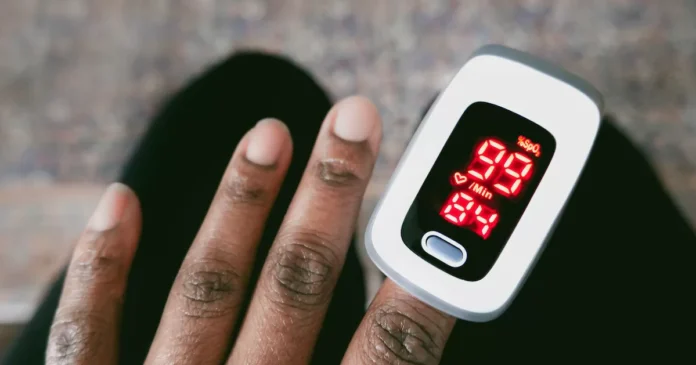The U.S. Food and Drug Administration (FDA) has recently taken a significant step towards promoting health equity by publishing updated draft recommendations to improve the performance of pulse oximeters across different skin tones. This move is a crucial milestone in addressing the long-standing issue of racial bias in healthcare and ensuring that all individuals, regardless of their skin color, receive accurate and reliable medical care.
Pulse oximeters are medical devices that measure the oxygen levels in a person’s blood. They are commonly used in hospitals, clinics, and even at home to monitor the health of patients with respiratory conditions such as asthma, chronic obstructive pulmonary disease (COPD), and COVID-19. However, there have been concerns raised about the accuracy of these devices, particularly for individuals with darker skin tones.
Research has shown that pulse oximeters may not perform as well on individuals with darker skin tones due to the way the device measures oxygen levels. This can lead to misdiagnosis and inadequate treatment, which can have serious consequences for patients. The FDA’s updated draft recommendations aim to address these concerns and ensure that pulse oximeters are reliable and accurate for all individuals, regardless of their skin color.
The FDA’s recommendations include specific testing and performance standards for pulse oximeters to ensure that they are accurate across different skin tones. This includes testing the devices on a diverse group of individuals with varying skin tones and levels of skin pigmentation. The FDA also recommends that manufacturers provide clear instructions for use and maintenance of the devices, as well as training for healthcare professionals on how to properly use the devices on patients with different skin tones.
This move by the FDA is a significant step towards promoting health equity and addressing racial bias in healthcare. It acknowledges the fact that individuals with darker skin tones have been disproportionately affected by inaccurate medical devices and aims to rectify this issue. It also highlights the FDA’s commitment to ensuring that all individuals receive the best possible medical care, regardless of their race or ethnicity.
The updated draft recommendations have been welcomed by healthcare professionals and patient advocacy groups. Dr. Uché Blackstock, an emergency medicine physician and founder of Advancing Health Equity, stated, “This is a critical step in addressing racial bias in healthcare. It’s encouraging to see the FDA taking action to ensure that all patients, regardless of their skin color, receive accurate and reliable medical care.”
The FDA’s recommendations also come at a crucial time, as the COVID-19 pandemic has highlighted the disparities in healthcare faced by communities of color. People of color have been disproportionately affected by the virus, and accurate medical devices are essential in providing timely and effective treatment. The updated recommendations will not only improve the accuracy of pulse oximeters for individuals with darker skin tones but also help in the fight against COVID-19.
In addition to the draft recommendations, the FDA has also launched a public dialogue to gather feedback from stakeholders, including patients, healthcare professionals, and manufacturers. This will ensure that the final recommendations are comprehensive and effective in addressing the issue of racial bias in healthcare.
In conclusion, the FDA’s updated draft recommendations to improve the performance of pulse oximeters across skin tones are a significant step towards promoting health equity and addressing racial bias in healthcare. This move highlights the FDA’s commitment to ensuring that all individuals receive accurate and reliable medical care, regardless of their skin color. With these recommendations, we can look forward to a future where healthcare is truly equitable for all.


